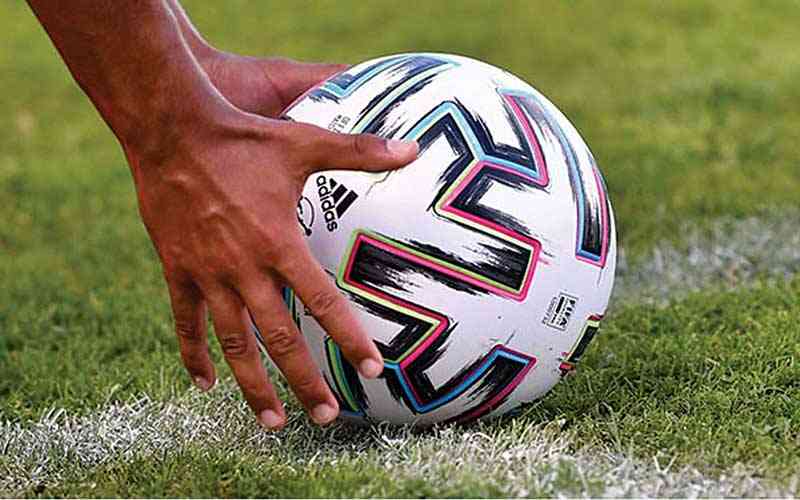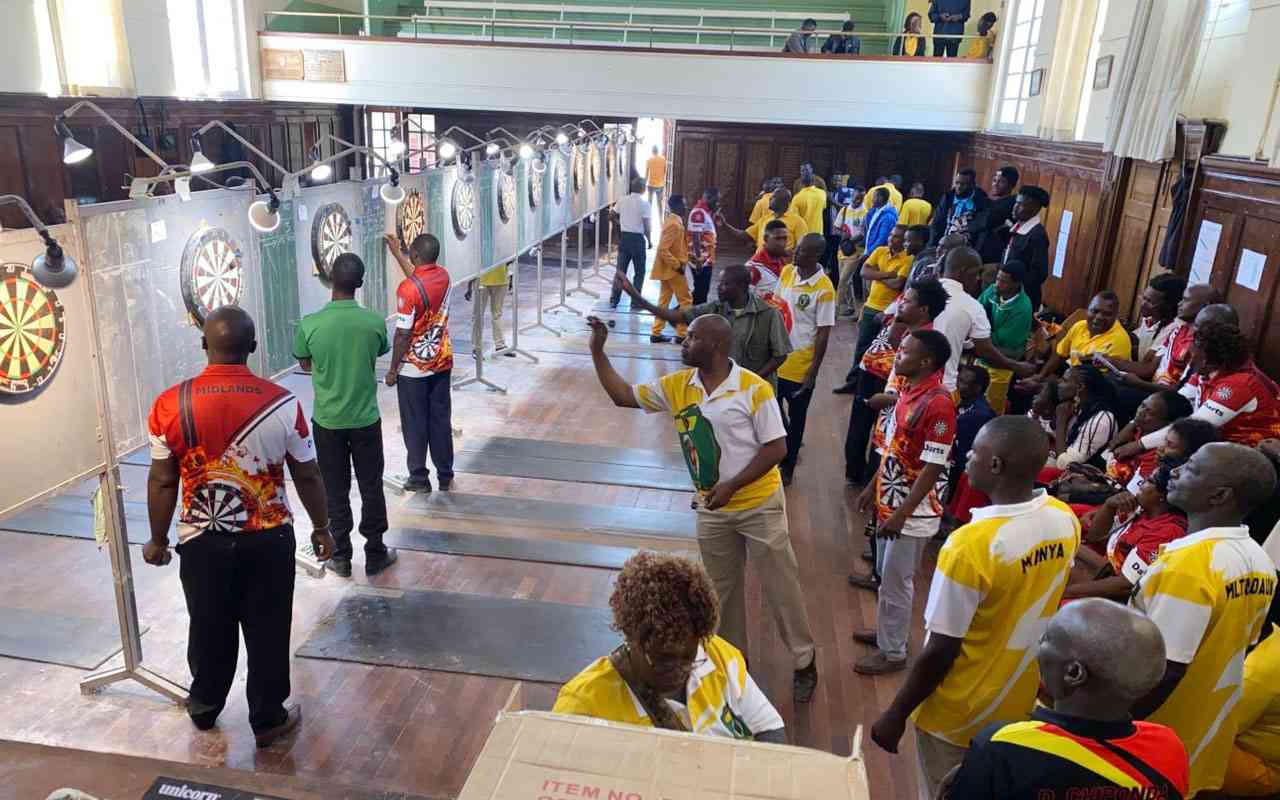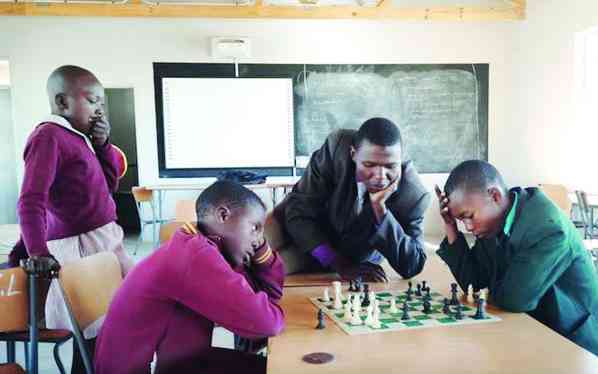
THERE once was published a clever article entitled ‘Obituary of Common Sense’ which included the following: “Today we mourn the passing of a beloved old friend, Common Sense, who has been with us for many years… His health began to deteriorate rapidly when well-intentioned but overbearing regulations were set in place. Reports of a 6-year-old boy charged with sexual harassment for kissing a classmate; teens suspended from school for using mouthwash after lunch; and a teacher fired for reprimanding an unruly student, only worsened his condition.
Common Sense lost ground when parents attacked teachers for doing the job that they themselves had failed to do in disciplining their unruly children.
It declined even further when schools were required to get parental consent to administer sun lotion or an aspirin to a student; but could not inform parents when a student became pregnant and wanted to have an abortion. … Not many attended his funeral because so few realized he was gone.” RIP Common Sense.
When it comes to school sport, we have sadly thrown common sense under the bus as well. We have made it all about our school’s (and even parents’) reputation, instead of about the children (or indeed the country); we have made it about winning, about results, forgetting that everything to do with school is about learning. In a previous article, we reflected on Johan Cruyff, the great soccer player and coach, who emphasized that the coach’s primary role is to educate the person (more than coach the player). In addition, elsewhere, he spelt it out very simply and strongly: “
Football,” he said, “Has to be fun for kids or it doesn’t make sense”. His fundamental principle was that sport for children must be fun-da-mental – fun and mental. Raise Common Sense from the grave – have fun!
In fact, Cruyff exemplified such fundamental points when before the 1992 European Cup Final, his final advice as coach to his Barcelona players before going out to play the biggest game of their lives on the biggest stage of all was simple: “Go out there and enjoy it!”
Enjoy it! Have fun! So many other coaches would exhort their players to focus seriously on this crucial event and Cruyff as a coach tells his players to have fun! And they won! They play well because they have fun!
It is interesting, and indeed revealing, that in a recent interview, the 2023 world snooker champion, Luca Brecel, was quoted as saying that “It was a good year, but I look forward to not being a world champion again … I've been waiting for the season to end for a few weeks.
- School of sport: Fundamental fun and mental
Keep Reading
It's just a game; why should you be happy if you win and sad if you lose?" He had lost the fun of playing. Sadly, many children in school never have the fun in the first place, let alone lose it.
Sport at school especially must be fun. It must be light-hearted, without the threat of anyone’s value being assessed on their sporting ability or results – and here it must be underlined that parents must not bet on school fixtures, even for so-called fun, as that only puts greater pressure (and less fun) on the children, who know about the betting.
School sport is about learning vital lessons about life and every lesson, in the classroom or the sports field, should be fun, if they are going to learn anything. The emphasis should therefore be on playing, not listening all the time, not sitting on the sidelines watching and waiting. It should be active involvement if it is to be learnt – and enjoyed.
Children especially need to be in a safe fun environment for them to learn. They need to see it is alright to make a mistake, not be sworn or shouted at by a pushy coach (or parent), so they can learn to avoid the mistake in the future. They need to see smiles on faces.
Furthermore, they need to have variety in their practices if they are going to have fun. Yes, they need to think about the game (it is mental, as we have noted) but that needs to be combined with fun for it to become fundamental. And they can have fun whether they win or lose.
Ultimately, we should not lose sight of the fact either that if the children are to have fun in sport, then so too must the coach. The coach must enjoy and have fun teaching vital life lessons through the medium of sport.
The greatest fun he can have is seeing the children have fun, not in seeing the children win. We do not need a sixth sense to work that out – just common sense. Do the children have a smile on their face? Does the coach? It is fundamental. Take it from a winner. Long live fun!










